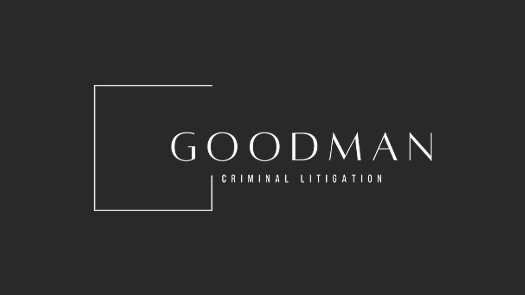Yes, in the majority of cases in California you can record a law enforcement officer who stops you for questioning or otherwise. The catch? It can’t interrupt the police officer’s ability to execute their job. For instance, if an officer is trying to detain a suspect, it’s important that you don’t get in between the officer and suspect while filming.
Five Important Guidelines to Remember While Filming Police
- Filming must be carried out in the open. You can’t film law enforcement officers in any type of hidden manner. You must be visually present to the officer on the scene. Do not hide behind any objects or vehicles.
- If you’re questioned, immediately state that you’re exercising your first amendment right by filming. Try to uphold as much respect as possible and ask permission before moving around the scene to film or record other people.
- Don’t let any law enforcement mistake your phone for a weapon. If you’re able to, announce that you’re going to start filming with your phone so that it’s not mistaken for a gun or any other harmful weapon of the same size. Police officers could take this as a threat and the situation could escalate fast.
- An arrest could be a high possibility. Anytime you film a police officer who is either new to being filmed or uncomfortable with being filmed, you run the risk of being arrested. While they may not be in the right to do so, it’s important to remember to comply and wait until you have access to an attorney.
- Always keep a passcode on your phone. This is crucial. If your phone does not have a passcode and is confiscated, it’s possible someone could delete your video. In turn, this gives you zero evidence of the events that took place on the scene. Keep your devices secure.
Why Would I Want to Film a Police Officer?
Videos of the police seem to surface every day on the internet. It’s usually straight from a bystander’s phone and it almost always captures bad conduct by the officer. This is why so many people usually pull out their phones when law enforcement is around. It’s viewed as a method of accountability. What better way to prove to others that you were improperly treated by the police than to show visual evidence? In some cases, it may even be used in a court of law.


